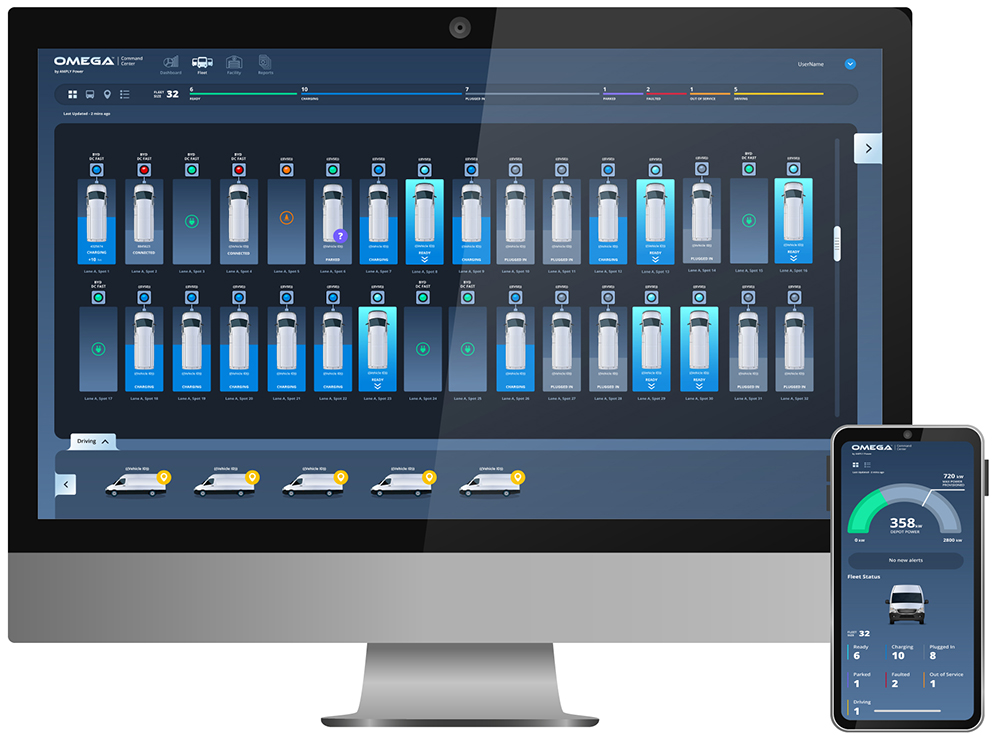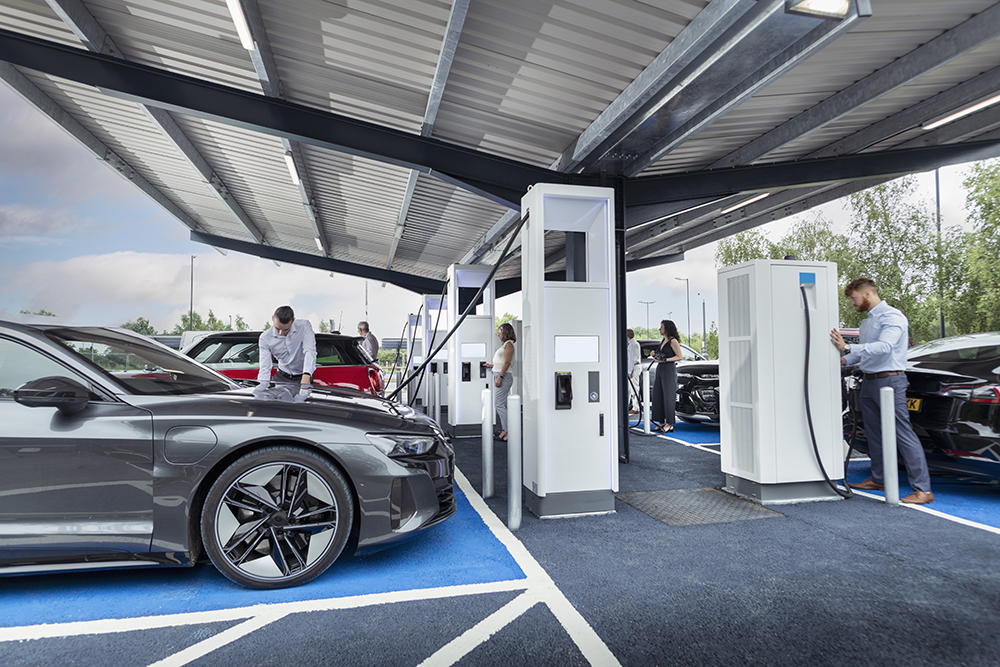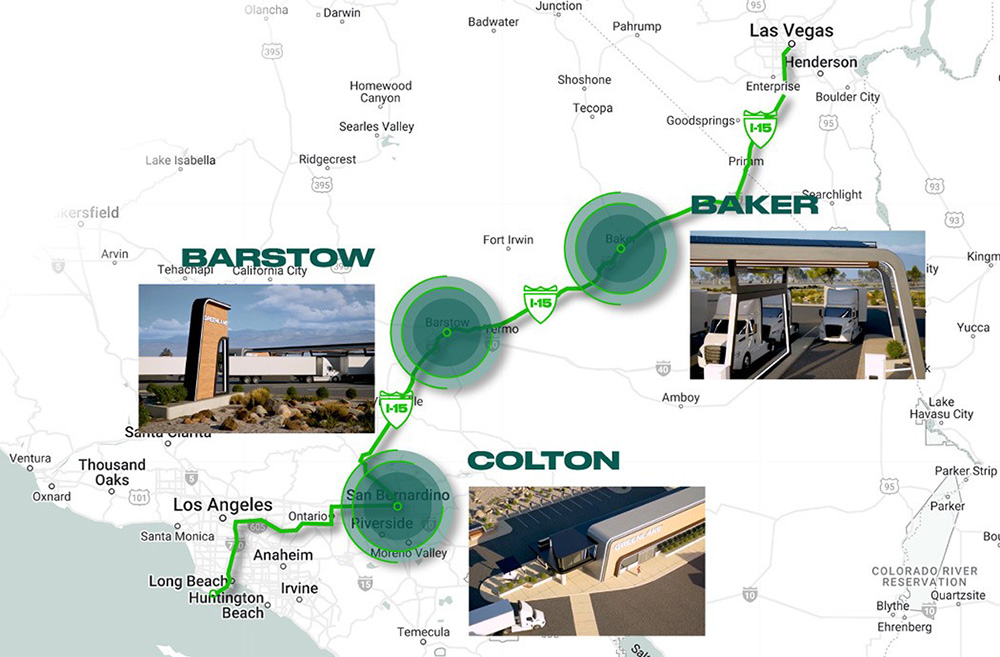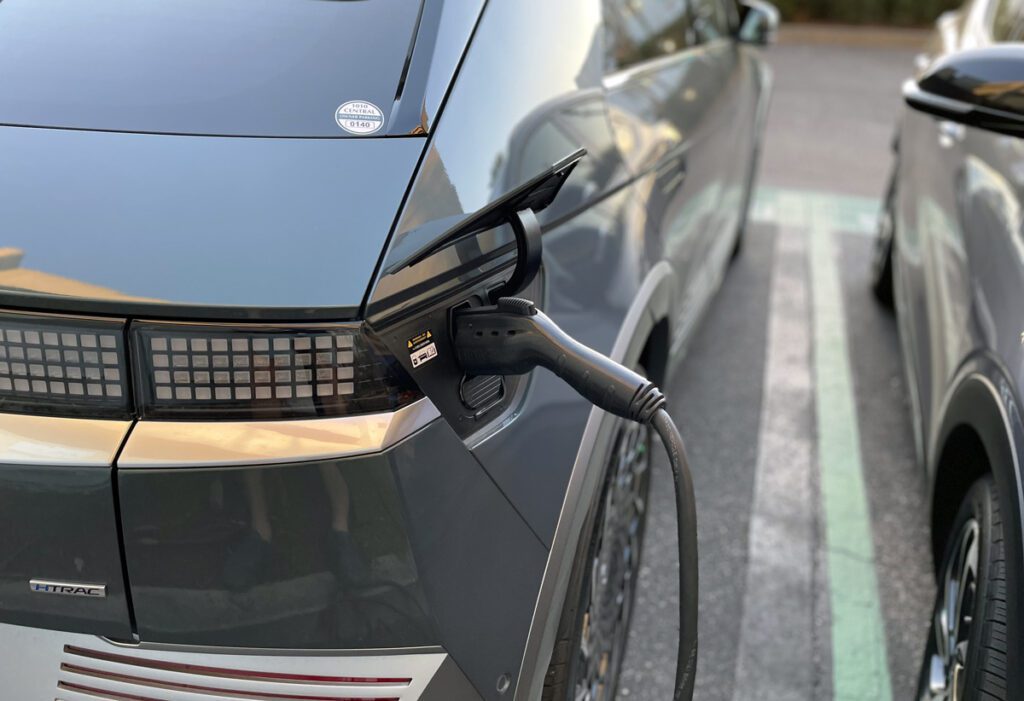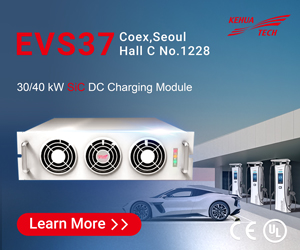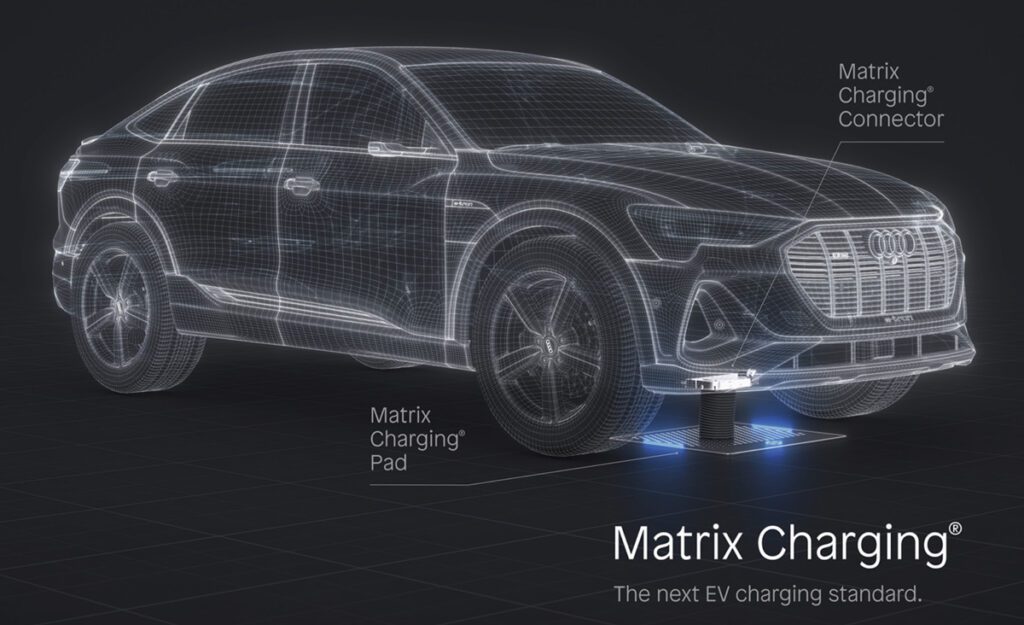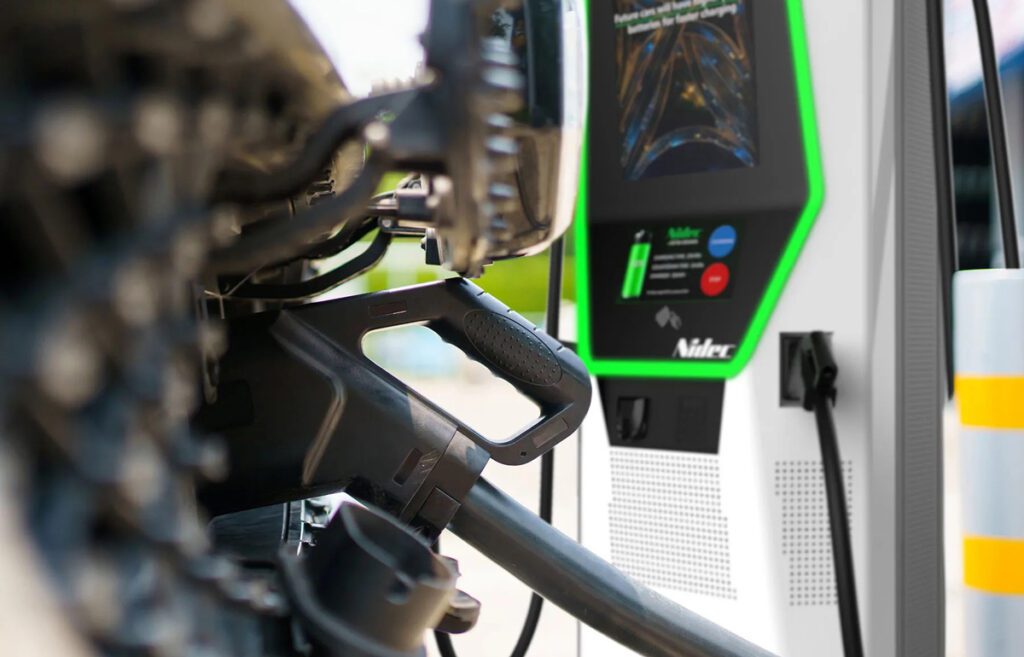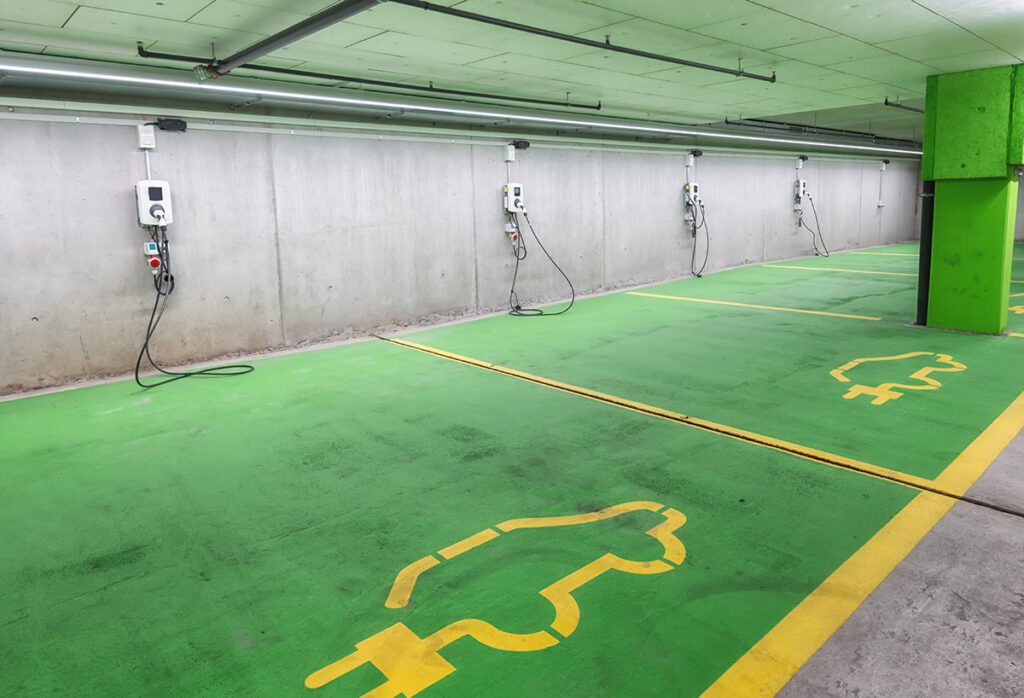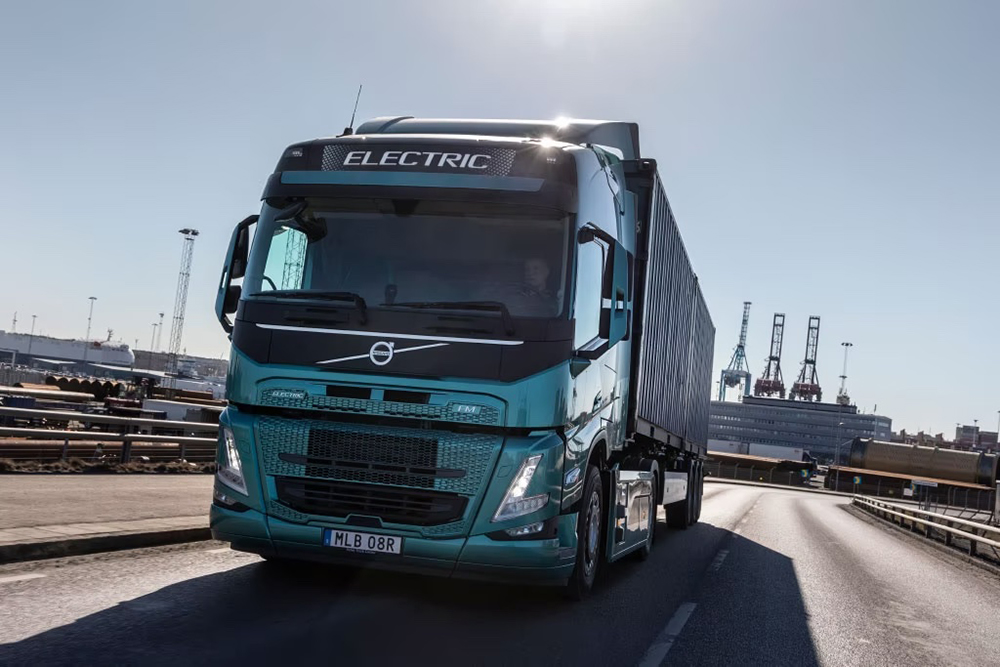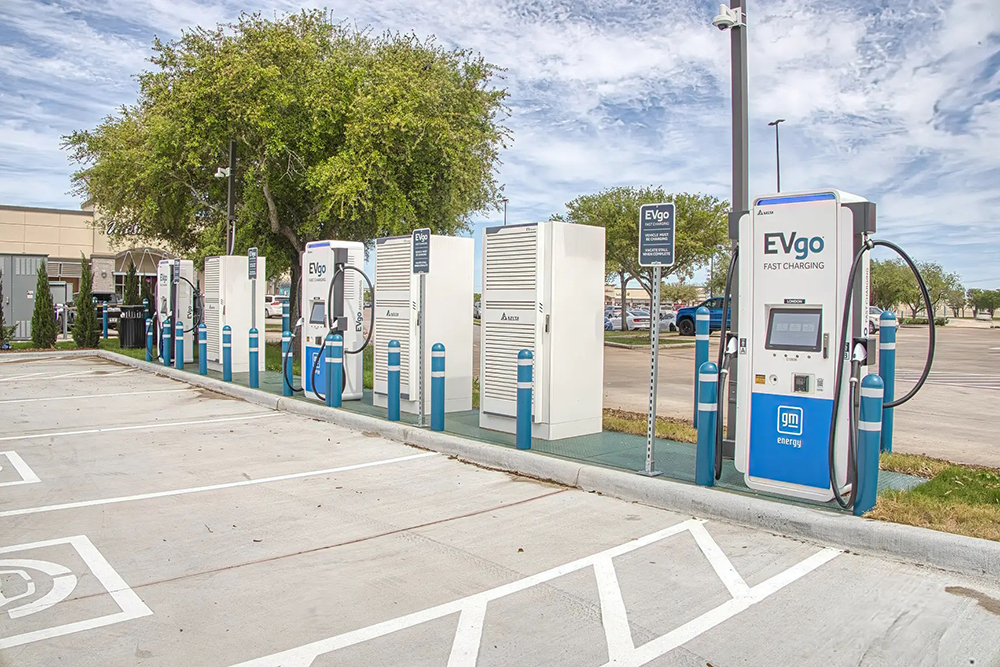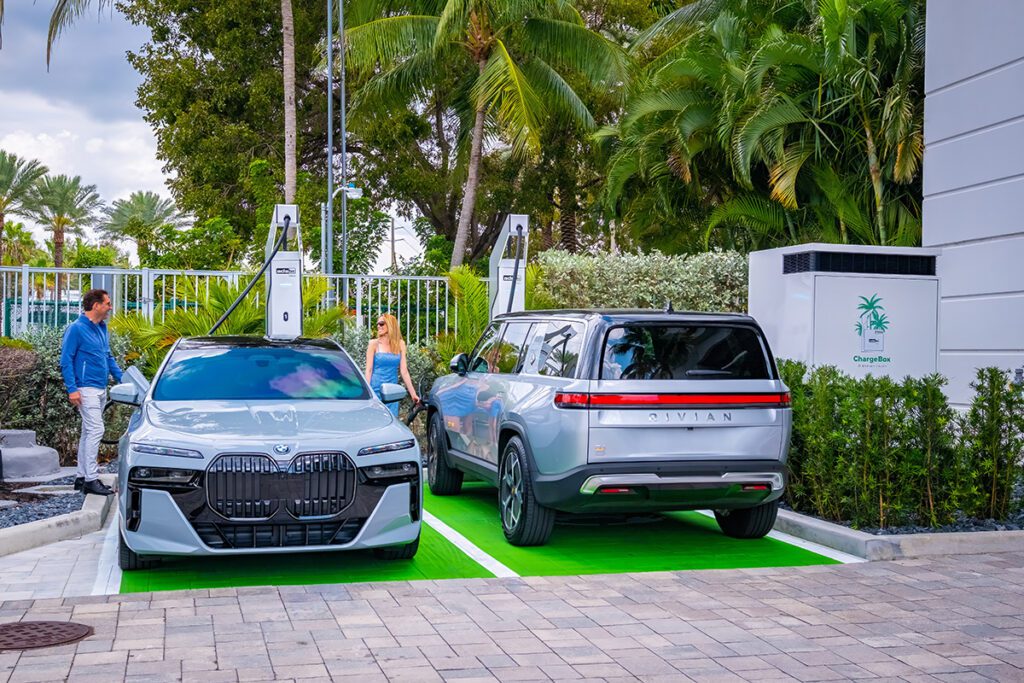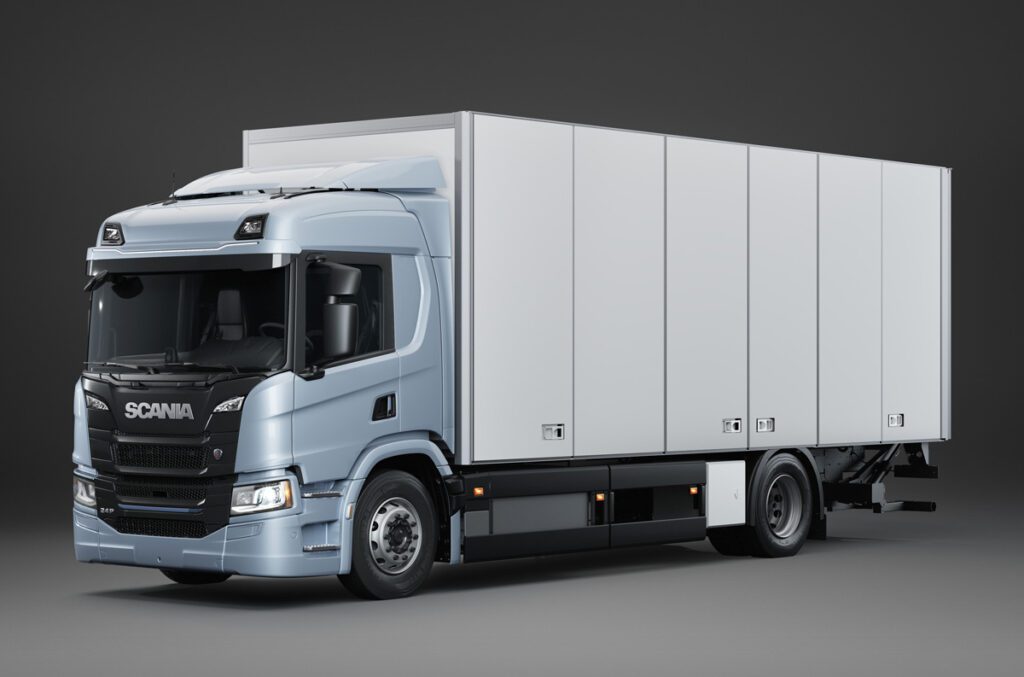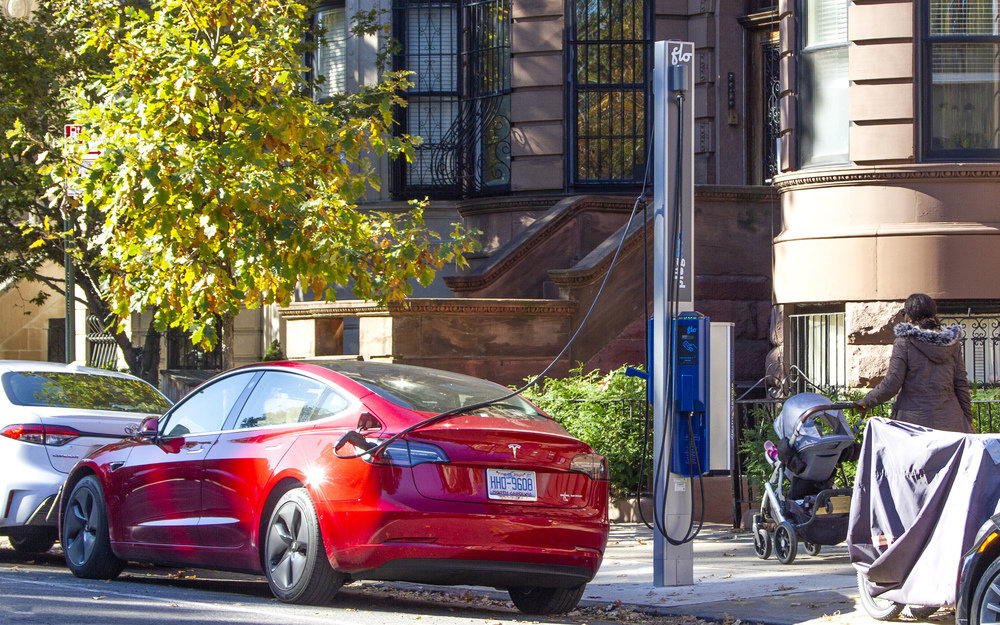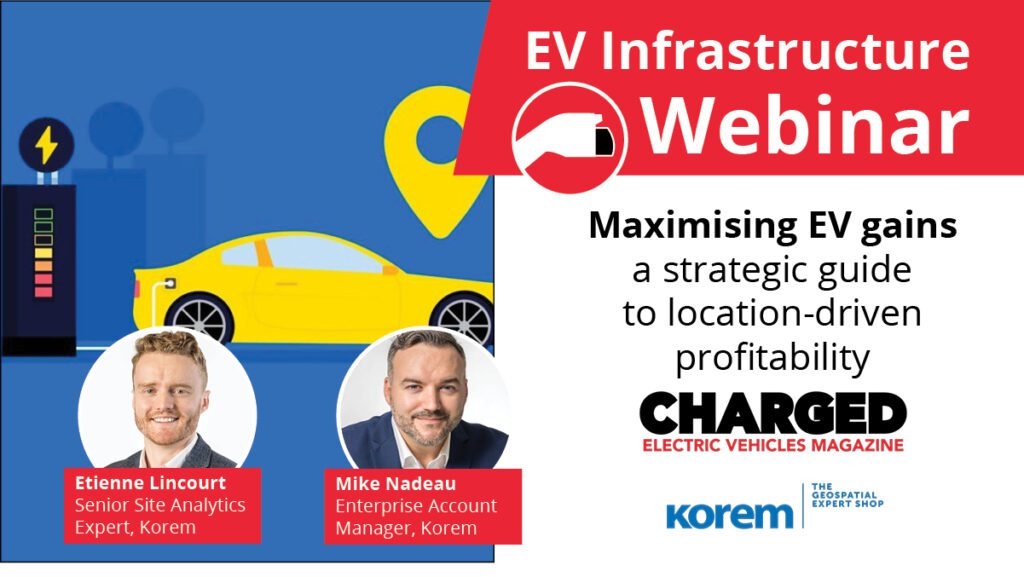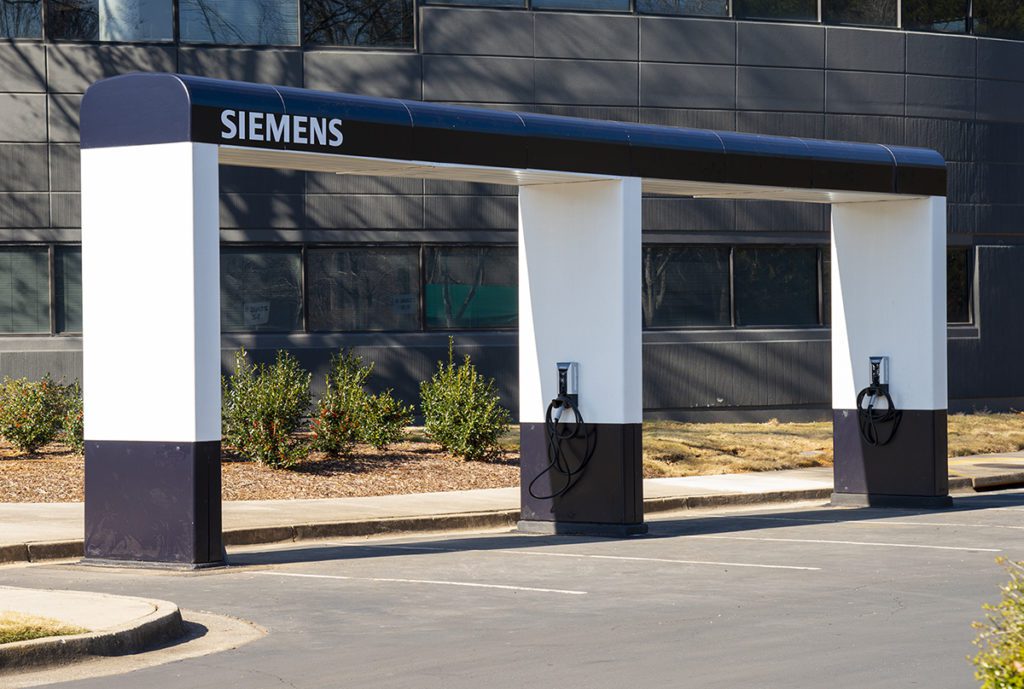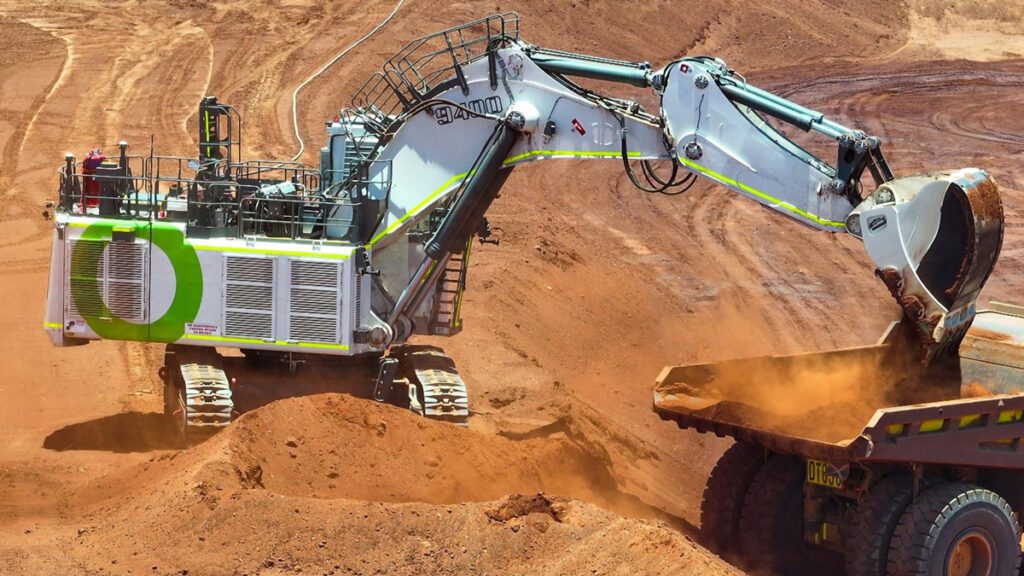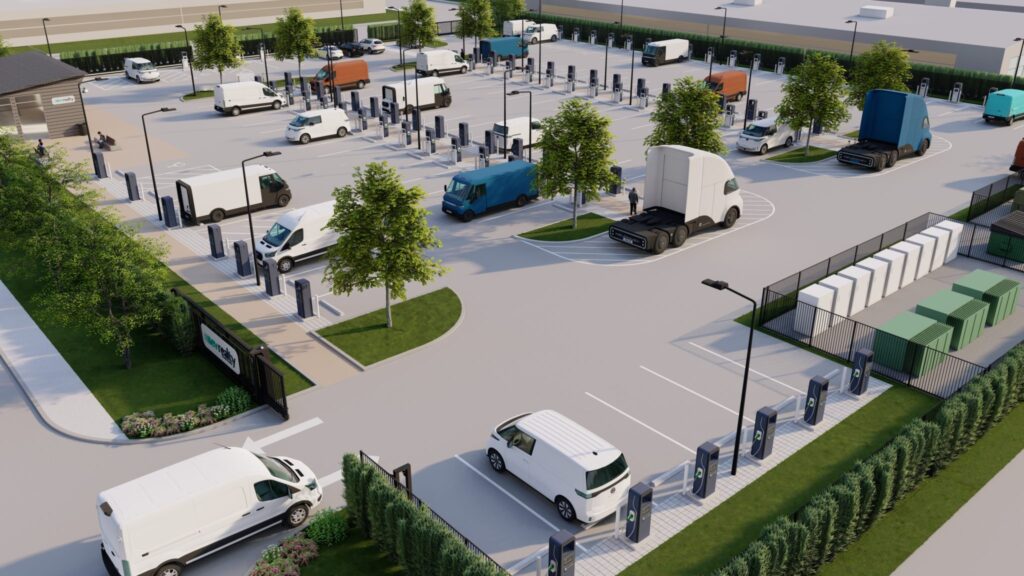As commercial fleets electrify, they are finding that they need expert help to design, install and operate their charging infrastructure. During previous tech revolutions, third-party contractors emerged to provide turnkey services to companies for things like data centers and solar installations. Now innovative companies are meeting a similar demand in the fleet charging realm.
Charged had a chat with AMPLY Power CEO Vic Shao (see the feature article in the upcoming issue of Charged), and we asked him what challenges a typical fleet manager would have to face as they electrify. “By now we’ve touched hundreds of fleets all across the country, and it seems to always boil down to three fundamental issues,” he told us.
“The first is the cost of electricity,” said Shao. “Fleet operators are used to a scenario with diesel or gasoline, that pricing goes up or down by, let’s say, 20% in a given year. With electricity, it’s fundamentally a much more volatile fuel pricing structure. In California, electricity costs for charging fleets could be up or down 400% in a single day. And there are something like 2,000 electric utilities across the country, all with their own individual tariff structures, time-of-use schedules, demand charge rates and whatnot. So, it’s highly complex—it’s like going to a gas station and it could be $3 a gallon, or it could be $12 a gallon, and it just depends on all of these extenuating circumstances.
“Now, if you are a fleet operator, and fueling cost is your second-highest operating expense, right behind drivers, well then, if you don’t know what your costs are going to be next week, next month, next year, you’re going to have a really hard time committing to a large production-scale rollout. You’re kind of stuck in pilot mode, and that’s what we see all the time. A lot of fleets that have tried electric, they don’t have a path to scale because of this fueling price issue.
Without exception, every single one of them operates a mixed fleet, with mixed vehicle and charging hardware sets. They need to have an operating system that ties all these hardware sets together.
“The second big issue is that, across these hundreds of fleets that we have touched, we have yet to come across a single fleet that standardizes on one OEM’s products—one make and model of electric vehicle, one charging hardware OEM. Without exception, every single one of them operates a mixed fleet, with mixed vehicle and charging hardware sets. They need to have an operating system that ties all these hardware sets together, that will deliver reliability, charge readiness at the time that they need the vehicles to roll off the lot.


“And then the last issue—a big issue—is that it’s not a five-minute fuel-up anymore. No matter how you slice it, it’s going to be several hours of dwell time, so that means, for mission-critical operations, you really need to schedule the charging into the daily workflows of these vehicles. That means dispatch system integration, telematics integration, back-office ERP [enterprise resource planning] integration.
“All three of these problems that I narrated are software-related. It’s not hardware, it’s software-related challenges, so what is required for the industry is an operating system that addresses all these points, and that’s essentially what AMPLY has been working on ever since our founding. We call it a charge management system, and it’s an operating system that tackles all three of these issues head-on. And the end output is that for all of our fleets, the charging infrastructure is 99.9% uptime available, robust with failovers and redundancy, and delivering energy savings versus an unmanaged scenario.
Source: Amply Power



